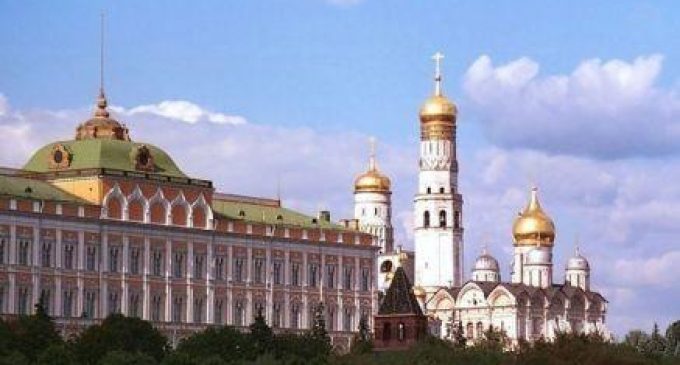EU Wins a WTO Dispute on Russian Pork Ban

A World Trade Organisation (WTO) panel has declared illegal the Russian import ban on live pigs, fresh pork and other pig products from the EU in the light of international trade rules. The ruling concerns a ban imposed by Russia in early 2014 because of a limited number of cases of African Swine Fever (ASF) in areas in the EU close to the border with Belarus.
The panel acknowledged that Russia’s refusal to accept imports of certain EU products and to adapt EU-Russia import certificates accordingly amounts to an EU-wide import ban. This measure is not based on the relevant international standards and violates the rules of the WTO Agreement on the Application of Sanitary and Phytosanitary Measures (the SPS Agreement). Individual Russian bans on imports from Poland, Lithuania, and Estonia received the same criticism from the panel.
The ruling sends a strong signal to Russia, and all WTO Members, as regards their obligation to respect international standards, in particular, in this case, the principle of regionalisation (which would allow trade from individual areas of a country which are recognised as pest or disease-free, even if the health status in the rest of the country is not favourable) and the requirement to conduct a risk assessment based on scientific evidence. The panel underlined that WTO Members can exercise their right to determine their appropriate levels of sanitary protection and to restrict imports accordingly on the basis of sanitary concerns only when this is done in line with WTO rules.
The EU has one of the world’s most efficient animal health and food safety systems, including high detection levels and stringent risk management rules. Today’s ruling confirms that the measures taken by Russia against the EU have little to do with any real sanitary or health risks. EU products are safe and there is thus no need for any country to maintain unjustified import restrictions.
For most of the products dealt with in this case, trade continues to be restricted by a politically motivated ban imposed on EU agri-food products by Russia in August 2014. Nevertheless, the panel’s findings are of systemic importance, since they remind Russia about its international obligations and the fact that these cannot be arbitrarily ignored.
The EU will continue to use WTO procedures to ensure that international trade rules are effectively respected. Indeed, the WTO dispute settlement remains the strongest option to tackle significant trade barriers and to thus increase legal certainty and predictability for trade.
Russia’s protectionist attitude affects a wide variety of other economic sectors. In the recent past, the EU has initiated WTO procedures on a number of trade barriers imposed by Russia, including recycling fees on cars, excess duties on paper and other products, and antidumping duties on light commercial vehicles.
The panel report can be appealed within 60 days. If no appeal is filed within that deadline, the report will be adopted and Russia will be bound to comply with the recommendation.



































